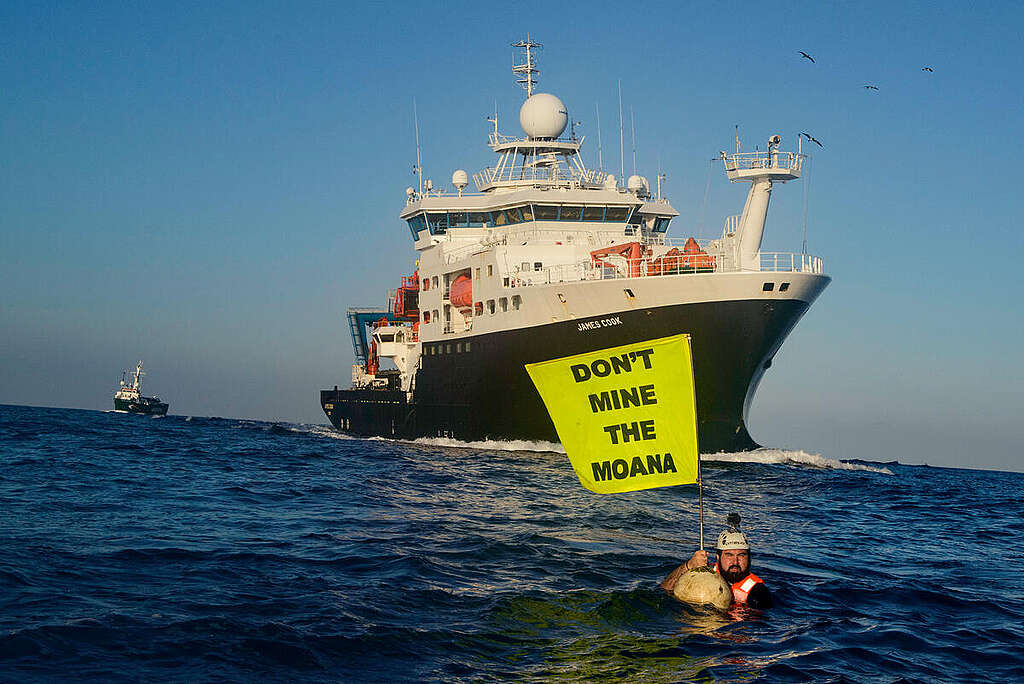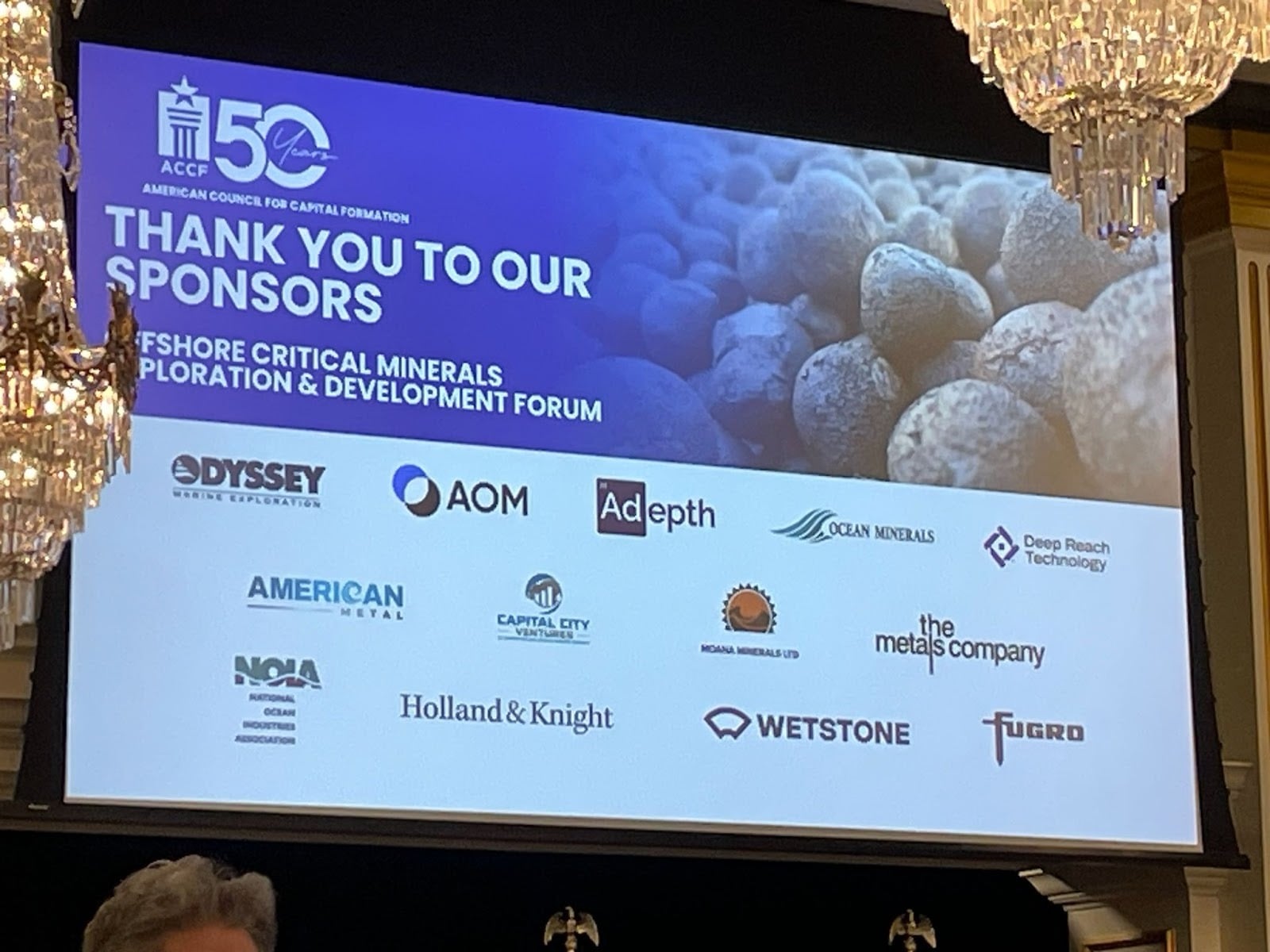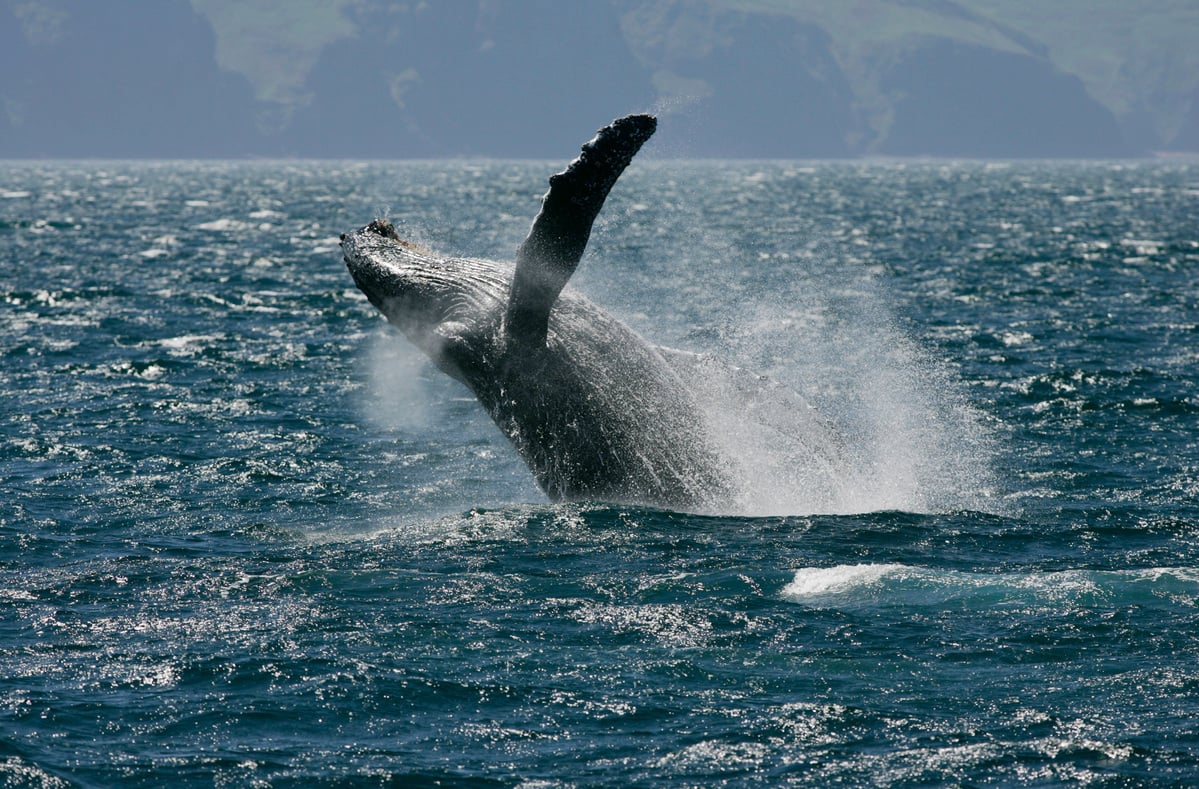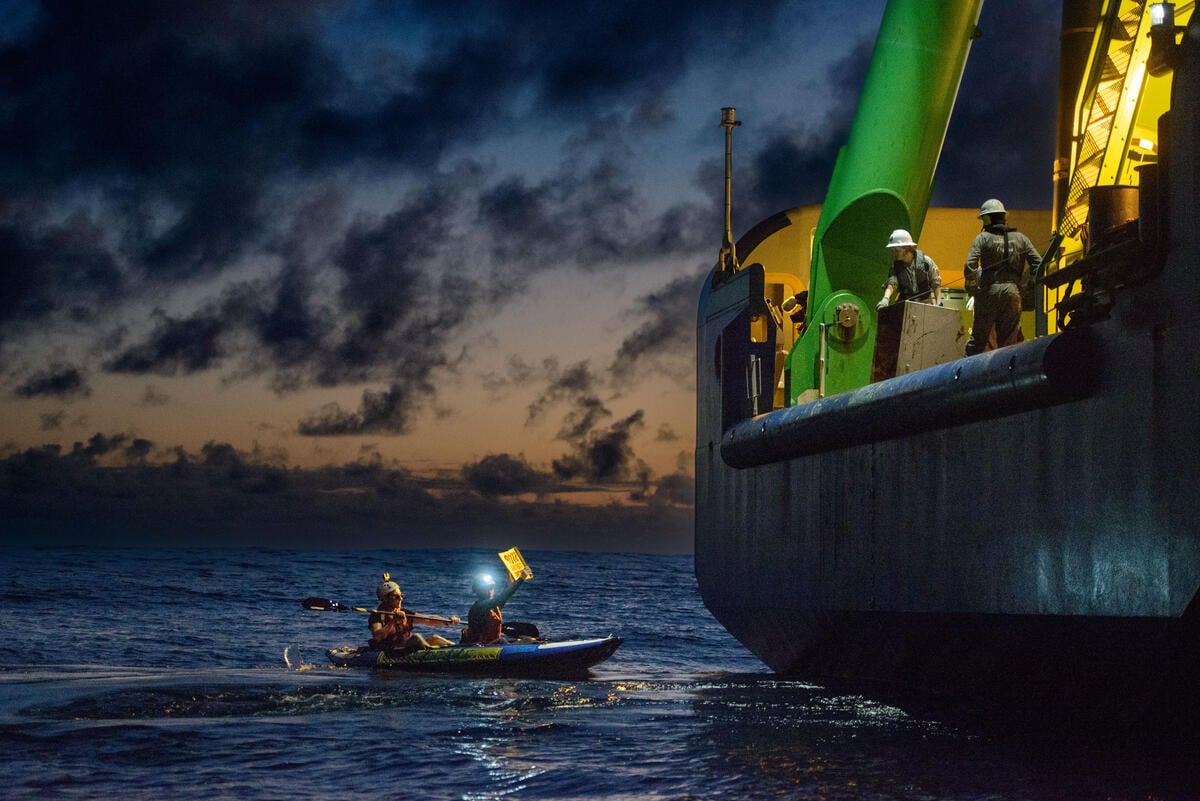
WASHINGTON, DC (August 7, 2025) — In response to the announcement that the United States has begun discussions with the government of the Cook Islands to support research into seabed exploration and “responsible development” within the Cook Islands’ exclusive economic zone, Arlo Hemphill, Greenpeace USA’s project lead for the Stop Deep Sea Mining campaign, said: “This announcement signals yet another backdoor attempt by the U.S. to legitimize deep-sea mining — this time under the guise of ‘science’ and ‘responsibility.’ History shows that exploration usually leads to exploitation, and once a new frontier is opened to resource exploitation, that door rarely swings shut again.”
The announcement is the latest in a growing trend by the Trump Administration to open the deep seabed up to commercial mining. In April 2025, the Trump administration issued an executive order to greenlight deep-sea mining in international waters, signaling a possible intent to bypass international safeguards. Just days later, the world’s first commercial mining application was filed. A new Greenpeace USA report – Deep Deception – outlines how much of this push may have come as a result of deep sea mining corporations investing significant lobbying toward congressional defense hawks, as the industry largely abandons their greenwashing narrative of “climate heroism” for one of U.S. national security and defense.
The U.S. faces a long process to establish its legal framework, and the timeline for commercial production remains uncertain – subject to indefinite delays due to technical, financial, and regulatory hurdles. It has also encountered global public backlash from several states, civil society groups, and Indigenous Pacific communities on its plans to mine in either U.S. domestic waters or on the international seabed under U.S. unilateral authority. However, sidestepping all of that in favor of working with a nation ready to launch the industry, offers the Trump Administration an even faster track towards exploiting the deep sea bed for greed, not need.
“The world is not ready to open the ‘Pandora’s Box’ known as deep sea mining. The science isn’t nearly sufficient. We would risk tinkering with planetary systems we still know almost nothing about,” added Hemphill. “The safest and most credible path forward is a global pause — one that prioritizes science, safeguards fragile ecosystems, and protects the ocean as the common heritage of all humankind. If the U.S. is serious about ocean protection, it must stop making piecemeal deals and instead support a global moratorium.”
Alanna Smith, director of the Cook Islands–based NGO Te Ipukarea Society, said: “The Cook Islands Government has already issued three five-year exploration licenses to two U.S. mining companies (Moana Minerals and CIC) and to one Belgian company (CSR), which is in a joint venture with the Cook Islands Government. Achieving “Responsible Development” would mean ensuring independent deep sea research was being conducted in our waters, not issuing another exploration license.
“Pacific communities are on the front lines of deep-sea mining’s risks. This industry threatens fragile biodiversity, vital fisheries, and the cultural and economic lifeblood of nations like the Cook Islands. Our future should not be put in jeopardy for short-term corporate promises that may never be fulfilled.”
Contact: Tanya Brooks, Senior Communications Specialist at Greenpeace USA, [email protected]
Greenpeace USA is part of a global network of independent campaigning organizations that use peaceful protest and creative communication to expose global environmental problems and promote solutions that are essential to a green and peaceful future. Greenpeace USA is committed to transforming the country’s unjust social, environmental, and economic systems from the ground up to address the climate crisis, advance racial justice, and build an economy that puts people first. Learn more at www.greenpeace.org/usa.



